Embarrassingly Easy U.S. Civics Questions:

Why? Because Civics is Fun!
Civics is fun because it empowers individuals to understand and actively engage with the systems that shape their lives. It's more than just learning about government—it's about discovering how everyday decisions, like voting, participating in community discussions, or even knowing your rights, make a real impact.
Civics can be an exciting journey into understanding the stories behind the laws and policies that affect us all. Plus, when you grasp how your voice can create change, it turns civic engagement into a rewarding and even enjoyable experience. After all, knowledge is power, and in civics, that power is yours!
Try Your hand at Answering 10 Random U.S Civics Questions
Designed To Hurt Your Ego..
A Short Anecdotal History of Civics
Ancient Beginnings
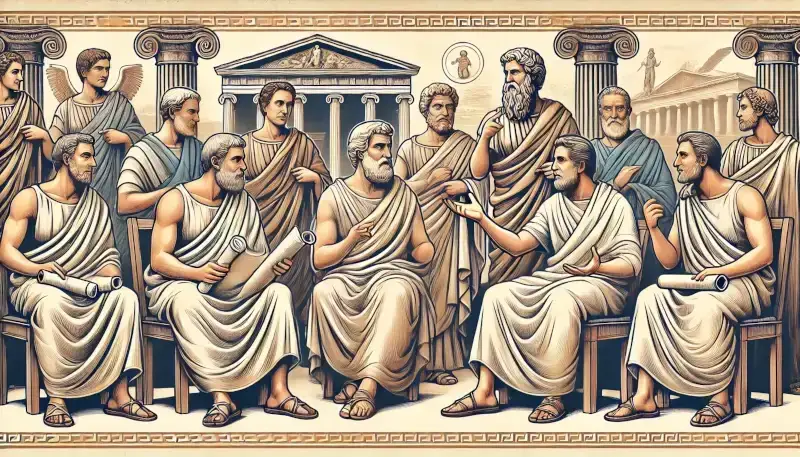
Once upon a time in ancient Greece, a bunch of toga-wearing philosophers decided that people should have a say in how they were governed. Thus, democracy was born. Of course, by “people,” they meant a very exclusive club of land-owning men. Women, slaves, and anyone else had about as much political power as a rock. But hey, it was a start!
Back To TopRoman Innovations
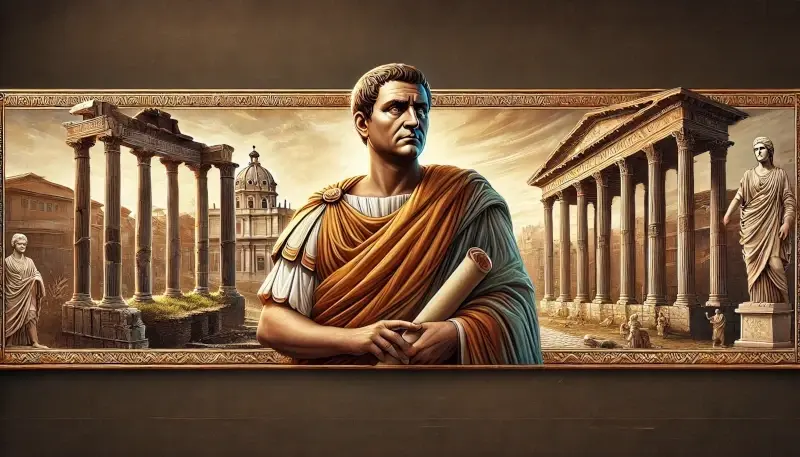
Next up, the Romans took a crack at this whole civics thing. They gave us the Republic, where officials were elected to represent the people. It was all fun and games until Julius Caesar decided being a dictator was way more exciting. Spoiler alert: It didn't end well for him. But the idea of a republic stuck around.
Back To TopMedieval Madness
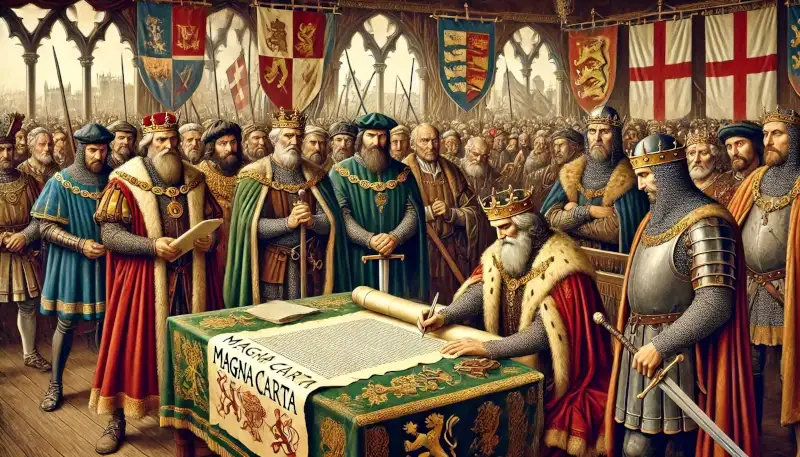
Fast forward to the Middle Ages, where civics took a bit of a nap. Kings and queens ruled with iron fists and questionable fashion choices. The Magna Carta in 1215 was a wake-up call, limiting the power of the monarchy and laying the groundwork for future democratic principles. Thanks, barons!
Back To TopRevolutionary Times
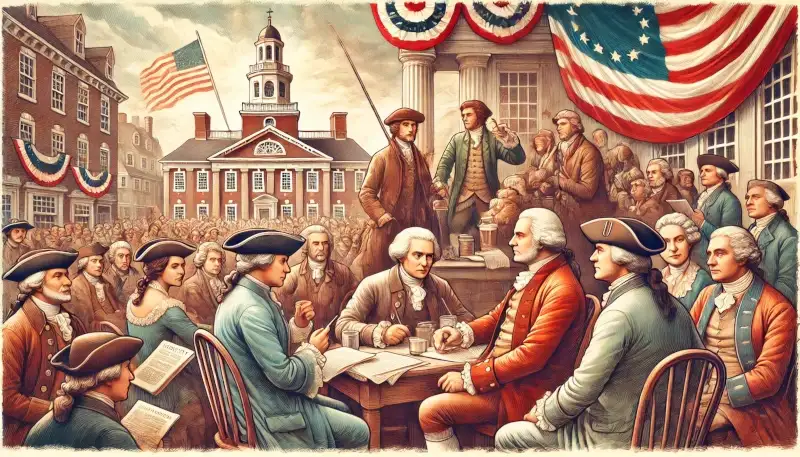
The 18th century was a wild ride. The American colonies got fed up with British taxes and threw the ultimate tea party. The result? The United States of America and a shiny new Constitution. Meanwhile, the French decided they wanted a revolution too, and things got a bit… guillotine-y. But out of the chaos came the idea that everyone (well, mostly) should have a say in government.
Back To TopModern Democracy
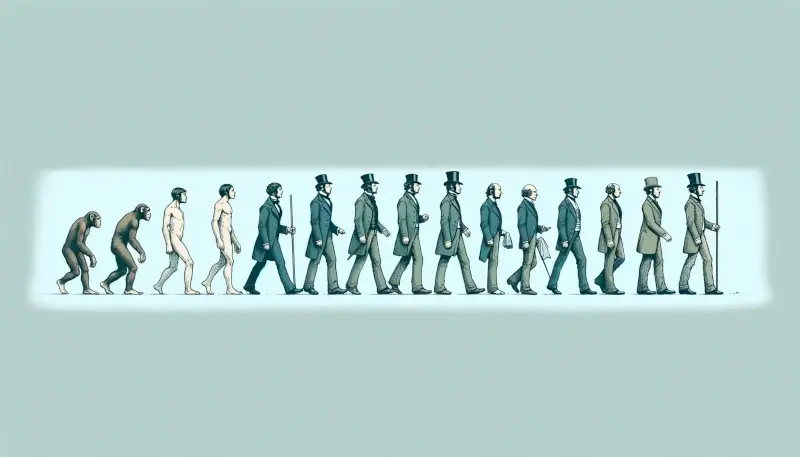
In the 19th and 20th centuries, civics went global. Nations around the world started adopting democratic principles, with varying degrees of success. Women finally got the vote, proving they could do more than just make sandwiches. Civil rights movements fought for equality, and the concept of “government by the people, for the people” became more inclusive.
Back To TopThe Digital Age

Welcome to the 21st century, where civics has gone digital. Social media gives everyone a platform to voice their opinions, for better or worse. Online petitions, digital activism, and viral campaigns have reshaped how we engage with politics. Who knew that tweeting could be a civic duty?
Back To TopThe Future of Civics
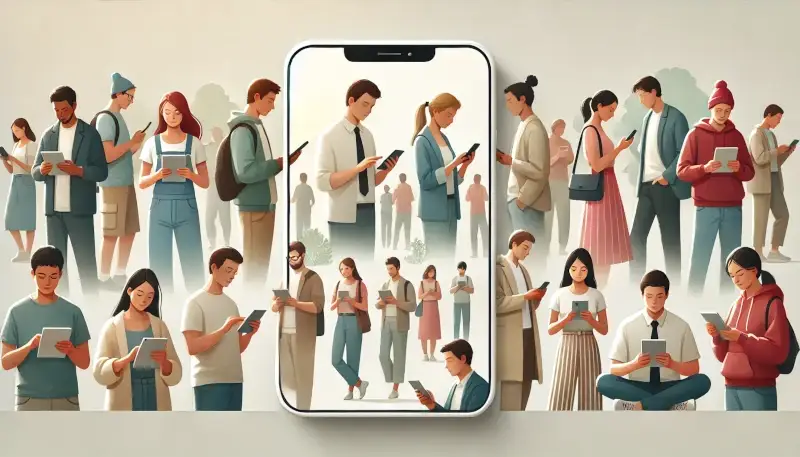
So, what's next for civics? As technology evolves, so does our way of participating in government. Virtual reality town halls? AI politicians? Only time will tell. One thing's for sure: the journey of civics is far from over, and we all have a role to play. So, stay informed, get involved, and maybe, just maybe, we can keep this democracy thing going.
Back To Top